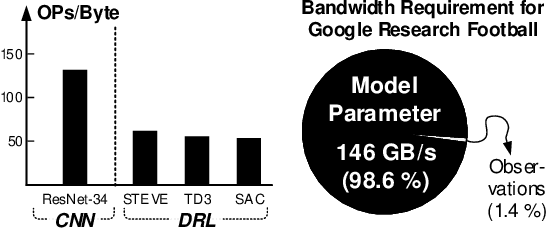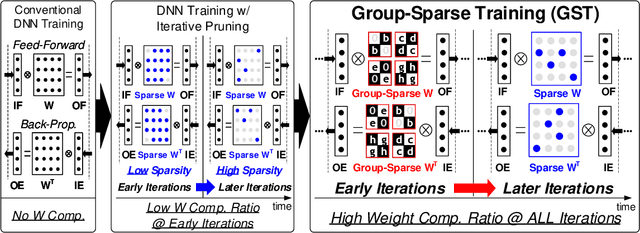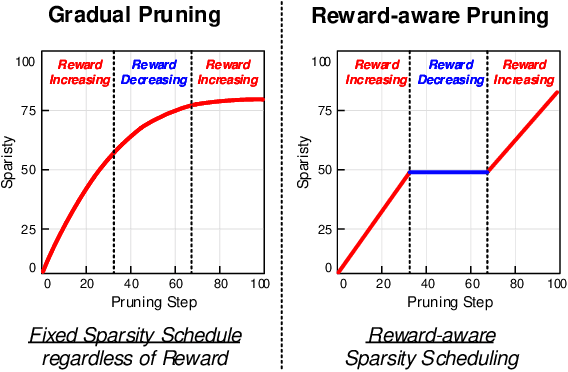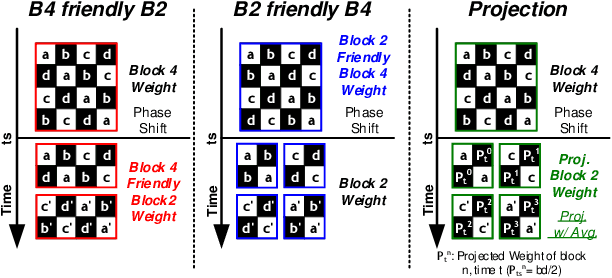Wooyoung Jo
MedErr-CT: A Visual Question Answering Benchmark for Identifying and Correcting Errors in CT Reports
Jun 24, 2025Abstract:Computed Tomography (CT) plays a crucial role in clinical diagnosis, but the growing demand for CT examinations has raised concerns about diagnostic errors. While Multimodal Large Language Models (MLLMs) demonstrate promising comprehension of medical knowledge, their tendency to produce inaccurate information highlights the need for rigorous validation. However, existing medical visual question answering (VQA) benchmarks primarily focus on simple visual recognition tasks, lacking clinical relevance and failing to assess expert-level knowledge. We introduce MedErr-CT, a novel benchmark for evaluating medical MLLMs' ability to identify and correct errors in CT reports through a VQA framework. The benchmark includes six error categories - four vision-centric errors (Omission, Insertion, Direction, Size) and two lexical error types (Unit, Typo) - and is organized into three task levels: classification, detection, and correction. Using this benchmark, we quantitatively assess the performance of state-of-the-art 3D medical MLLMs, revealing substantial variation in their capabilities across different error types. Our benchmark contributes to the development of more reliable and clinically applicable MLLMs, ultimately helping reduce diagnostic errors and improve accuracy in clinical practice. The code and datasets are available at https://github.com/babbu3682/MedErr-CT.
GST: Group-Sparse Training for Accelerating Deep Reinforcement Learning
Jan 24, 2021



Abstract:Deep reinforcement learning (DRL) has shown remarkable success in sequential decision-making problems but suffers from a long training time to obtain such good performance. Many parallel and distributed DRL training approaches have been proposed to solve this problem, but it is difficult to utilize them on resource-limited devices. In order to accelerate DRL in real-world edge devices, memory bandwidth bottlenecks due to large weight transactions have to be resolved. However, previous iterative pruning not only shows a low compression ratio at the beginning of training but also makes DRL training unstable. To overcome these shortcomings, we propose a novel weight compression method for DRL training acceleration, named group-sparse training (GST). GST selectively utilizes block-circulant compression to maintain a high weight compression ratio during all iterations of DRL training and dynamically adapt target sparsity through reward-aware pruning for stable training. Thanks to the features, GST achieves a 25 \%p $\sim$ 41.5 \%p higher average compression ratio than the iterative pruning method without reward drop in Mujoco Halfcheetah-v2 and Mujoco humanoid-v2 environment with TD3 training.
 Add to Chrome
Add to Chrome Add to Firefox
Add to Firefox Add to Edge
Add to Edge